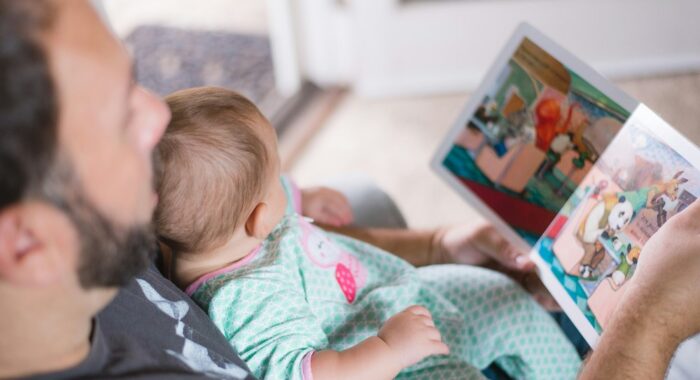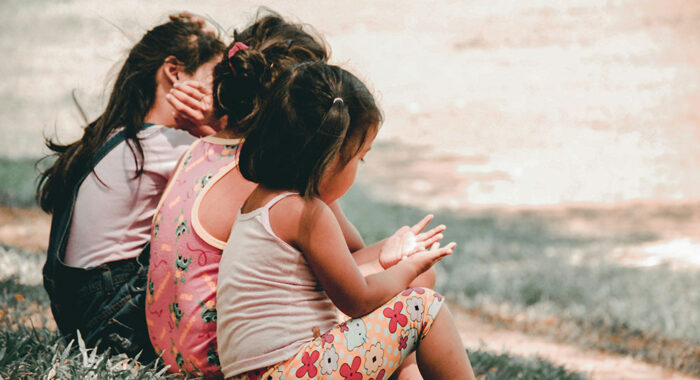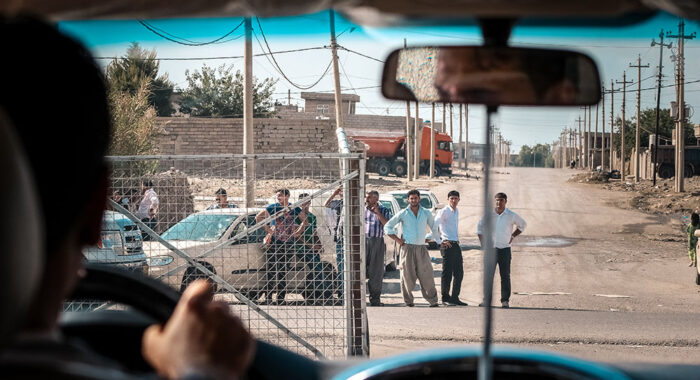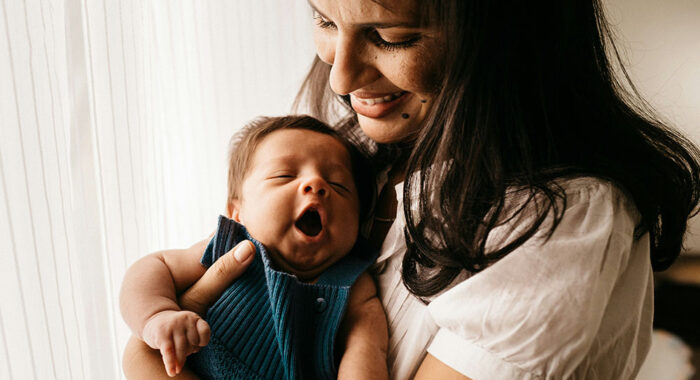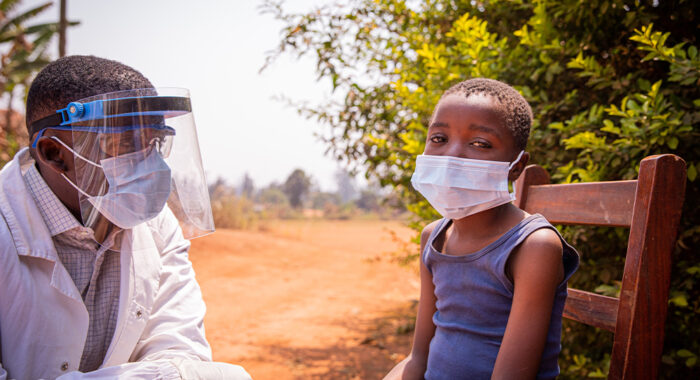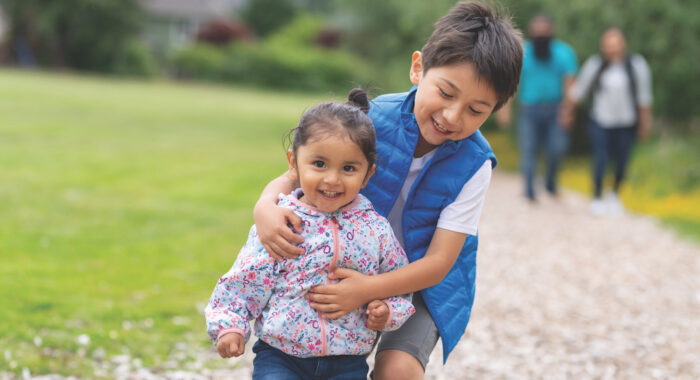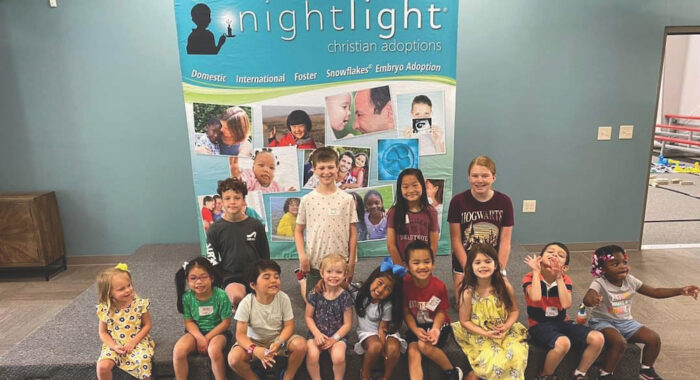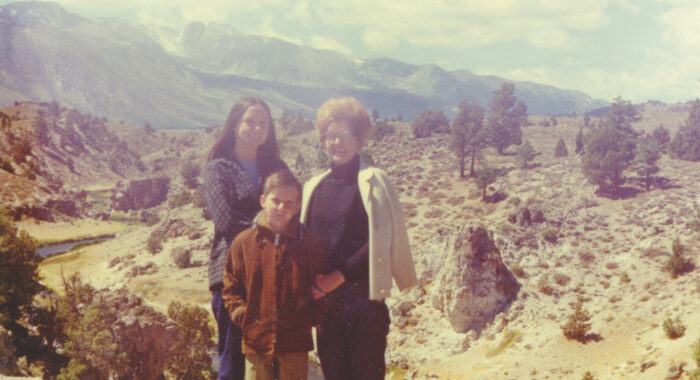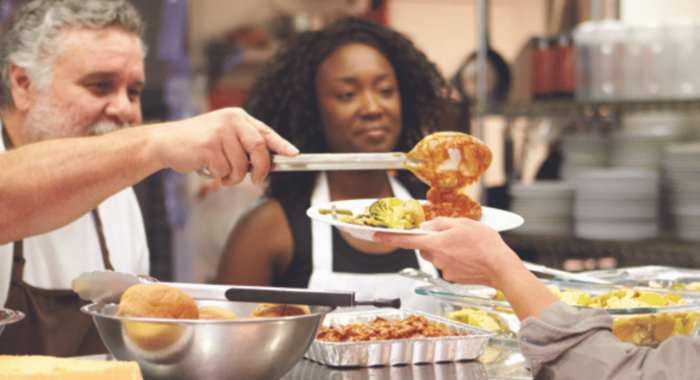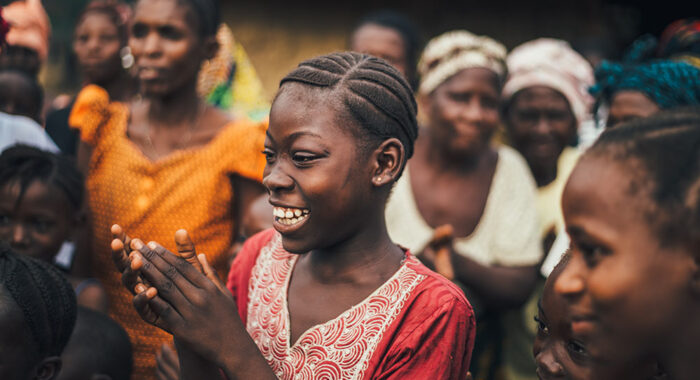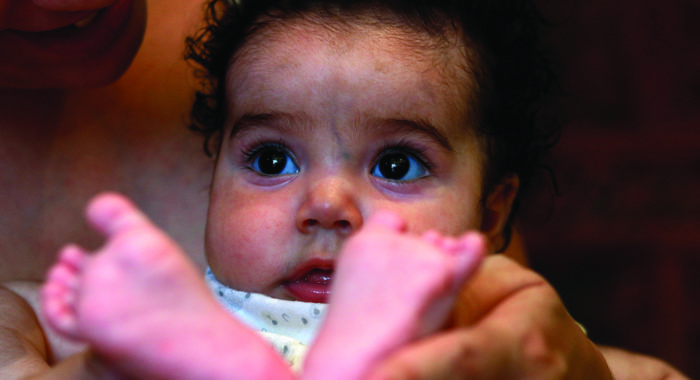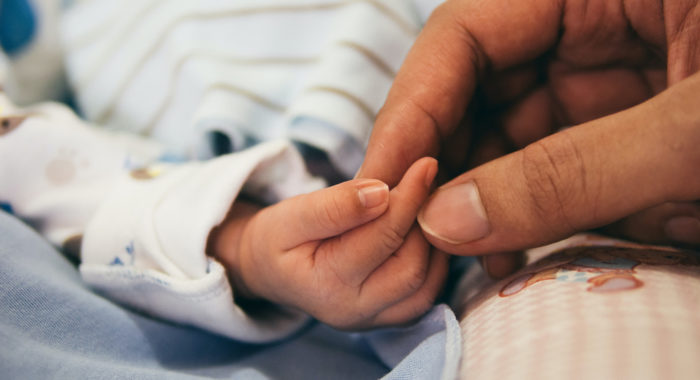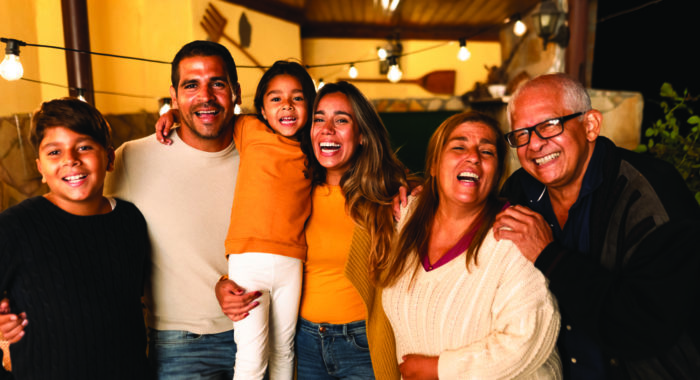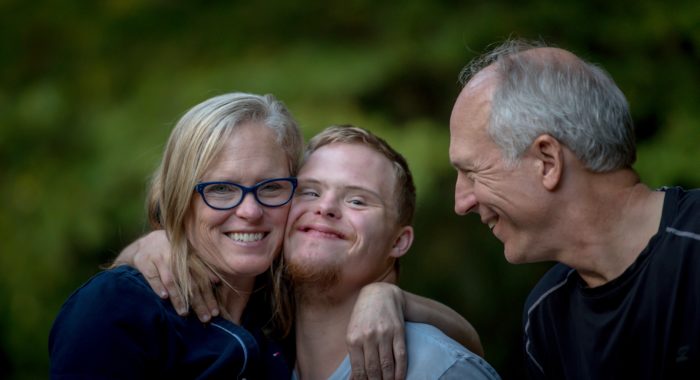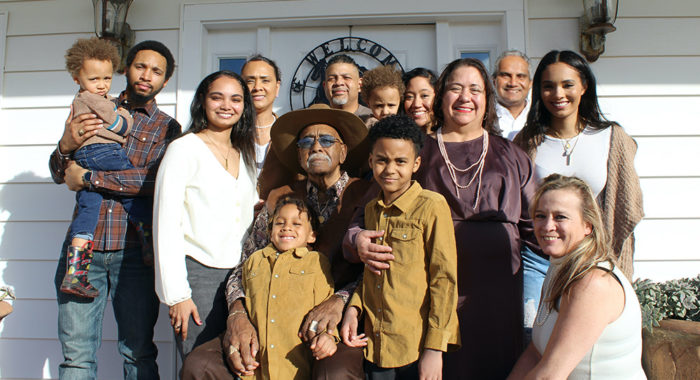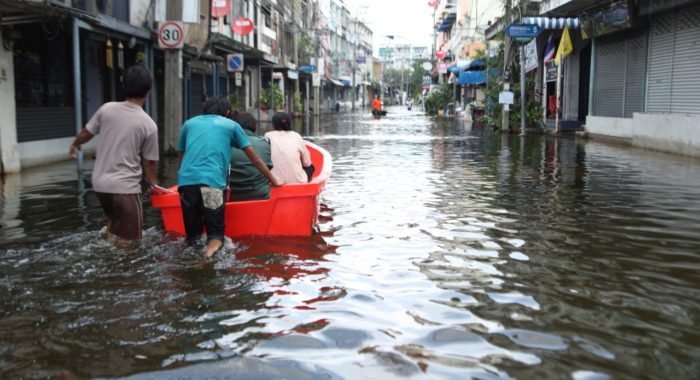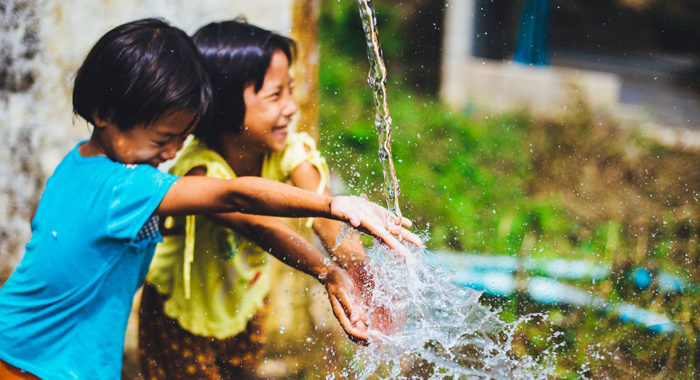In 2011, my friend and former colleague, Debbie Dortzbach, was preparing to launch an HIV awareness and prevention workshop through World Relief in India. Although HIV cases had decreased across India, the rates were still quite high. In spite of governmental efforts and those of NGOs like World Relief, we weren’t seeing the results we’d hoped for.
That’s when Debbie had an idea. She’d read a report that discussed how truck drivers in India were motivated to change their behaviors, not because they were afraid of contracting HIV, but because they wanted to return to their families.
If family is what was motivating truck drivers to change their behaviors, then why weren’t we using that same motivator in our churches to prevent HIV and strengthen families? Surely strengthening families is something the Church is called to do!
Debbie shared her revelation with her teammates, and over the next several years, our staff worked hard to develop Families for Life (FFL) — a unique program that works through local churches internationally to create strong, flourishing, biblically-nurtured marriages where parents and children can thrive.
Families: A Sacred Reflection
At World Relief and the National Association of Evangelicals, we know that God created humans to live in relationship with one another from the very beginning, and that family is a sacred reflection of the fullness of life our Triune God intended for us. Just as God communes relationally with the Son and the Spirit, the eternal family of the Trinity, God designed us to live in unity and harmony in the midst of our unique individuality and in the context of the family.
The local church plays an integral role in God’s plan to bring reconciliation to a broken world, and our commitment to support families through the work of the local church drives much of our programming at World Relief.
Through FFL, church volunteers are trained to share critical lessons that reveal God’s beautiful vision for marriage. Using a combination of story, Scripture, interactive discussion and personal reflection, FFL seeks to strengthen the couple relationship as a foundation for a healthy family and calls for participants to be open to change and reimagine their futures together.
A fully intact family, when possible, has the best chance of a flourishing life. Just like the Indian truck drivers whose families are happier and healthier when they are home, and the almost 20,000 couples who engaged in our FFL programming over the last two years, immigrant families that are reunited also have a better chance of success as they begin a new life in this country. Sadly, through a variety of circumstances in our immigration system, these families are frequently separated — oftentimes for years.
Reuniting Families
Our belief that the local church is key in bringing hope and restoration to the world is what drives us to reunite these families who have been separated through displacement, and to work through local churches to give them the support and community they need to adjust to a new life in the United States.
Families like Rafia and Abdinasir. Rafia and Abdinasir met and were married in a refugee camp in Kenya in 2015. Shortly after their wedding, Rafia’s visa was approved for resettlement in the United States. But because the couple had applied for resettlement prior to getting married, Abdinasir was left behind. Moreover, when Rafia arrived in the states, she discovered she was pregnant.
Rafia struggled to navigate a difficult pregnancy in Abdinasir’s absence with few resources and connections. Eventually, she moved to Memphis, where she connected with World Relief and started the process of bringing her husband to the United States. On February 19, 2021, after five years of separation, Abdinasir landed in Memphis and embraced his five-year-old daughter for the very first time.
Thanks to a network of local churches supporting our U.S. offices, we’re able to support families like Rafia’s well beyond their initial arrival, surrounding them with holistic services like housing set-up, job training, English classes and so much more through our church-based Good Neighbor Teams.
We believe in the strength, power and sanctity of families, and we believe that when local churches are equipped and envisioned to serve families in light of a gospel that transforms and redeems relationships, we can create cycles of healing and health around the world for generations to come.
Myal Greene is president and CEO of World Relief. Prior to this position, he was the World Relief Rwanda country director and then transitioned to Africa regional director, followed by the Developing Countries unit director. Greene also served as senior vice president of International Programs. In 2007, he led the development of a new church-based programming model in Rwanda that grew from a small pilot program with 150 churches to a global model that has now reached over 5,000 churches across nine countries. He holds a finance degree from Lehigh University, a global leadership master’s degree from Fuller Theological Seminary and is pursuing his Ph.D. in organizational leadership from Eastern University.




 View All Articles
View All Articles 



